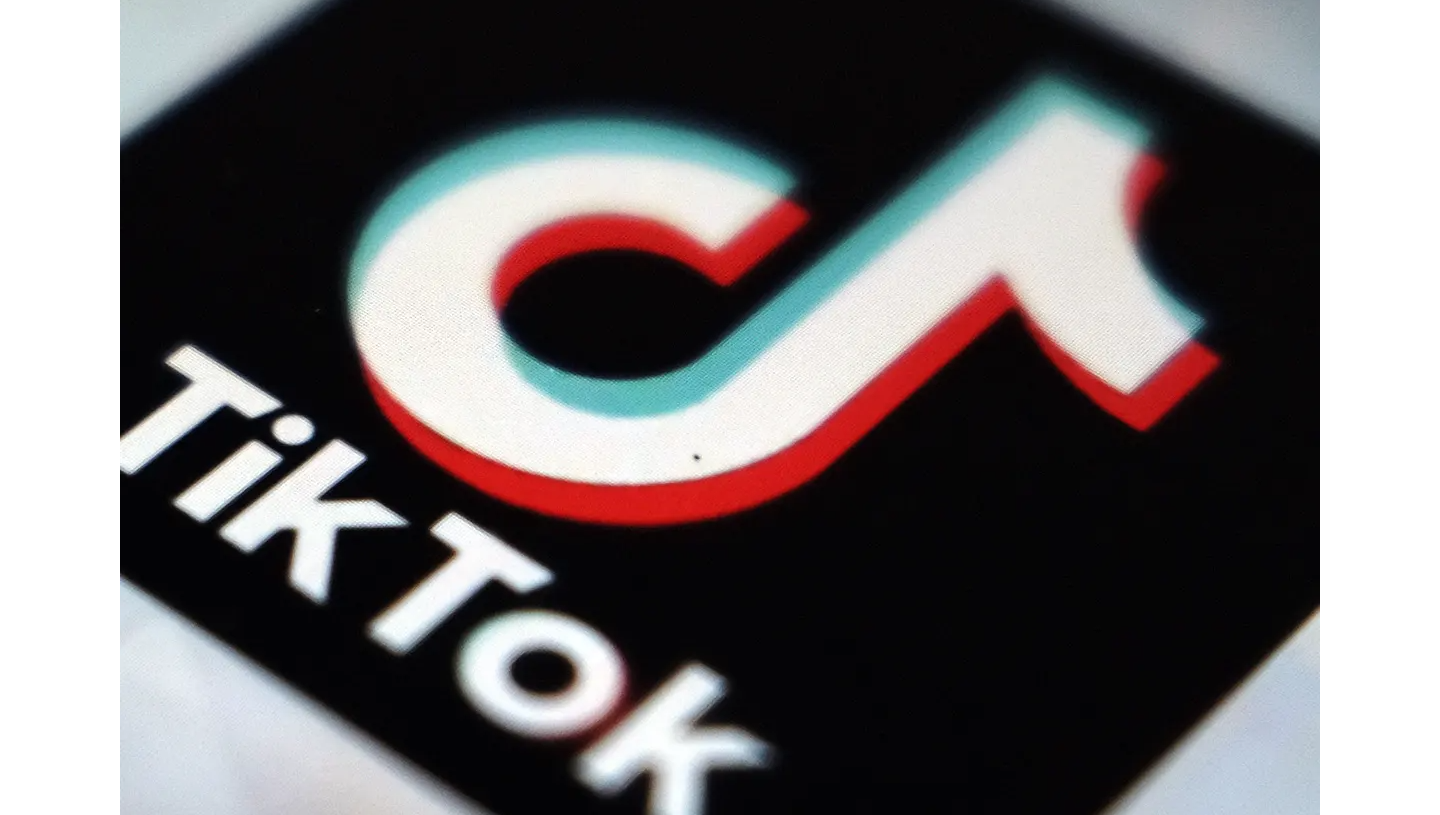When TikTok asked us to pursue ethnographic research during the global pandemic, we knew it wasn’t business as usual. It was time to find a new way: safe, trusted, but still finding useful insights.
The pandemic changed how many businesses operate, including UX agencies. With TikTok in China interested in discovering how their eCommerce solutions might be seen in European markets, they needed research: but how can you overcome the challenge of conducting ethnographic research during the pandemic?
Why ethnography was important to the client
The TikTok team wanted to understand more about people in Europe. They wanted to learn more about their mindsets, perceptions, and cultural differences to discover how their eCommerce solution could work in European markets.
At The UX Agency, we suggested the best route would be ethnography, where we observe and interact with subjects in their own home. We would be able to provide insight into how people in Europe live, have one-to-one conversations with participants, and get a deep insight into their mindsets and behaviours.
The challenge of the pandemic
Traditionally, ethnography is conducted in the participant's home. This setting not only makes the subject more relaxed, but it also helps us study their body language, see how they live first-hand, and understand more about their life and decision-making process.
However, when the pandemic started in March 2020, everything became remote. While this was great for the budget, and participants could still show us how they live via video, the in-person touch was lost.
As restrictions eased slightly, we could once again visit people in their homes, which was important to our TikTok client. For this research task, we visited four people: two in London and two in Manchester. However, some challenges came with organising in-person visits during the pandemic.
We had to ask each participant and researcher to do a lateral flow test before the research and reassure both parties that the tests were negative; we found that taking these tests in front of each other was the best way to establish a trusting relationship at the outset.
Despite the pandemic, we noticed that the people we met were not overly cautious about having people inside their home. We still made sure we asked which room they felt comfortable being interviewed. Many chose the lounge but others were happy to show us around the entire house just as they would have under usual circumstances.
Recruitment to find the right people to meet was difficult. This may have skewed the results as those who wanted to get involved in research during this time were known to be early adopters of technology, confident, and open-minded. The quieter personalities who may not have felt comfortable meeting in these circumstances were unlikely to be interested in this project.
Ethnographic research in a pandemic
Ethnographic research during the pandemic was interesting. We noted that people were looking for connection, conversation, and to share their struggles more than ever. This meant we were able to get a deep and honest insight into the participant's mindsets and behaviours, and hear their concerns, in a setting where they felt comfortable.
Face-to-face research
Remote ethnography has its place. However, it can’t replace the valuable and in-depth conversations, body language readings, and environmental analysis that you can get from a face-to-face visit.
Face-to-face ethnography research in the discovery phase shouldn’t be overlooked, even during the pandemic. Despite challenges, we found ways to meet people in person and conduct our research.
If you’re a researcher, how did you have to change your processes during the pandemic? And what were the outcomes of those changes? We’d love to hear from you.

